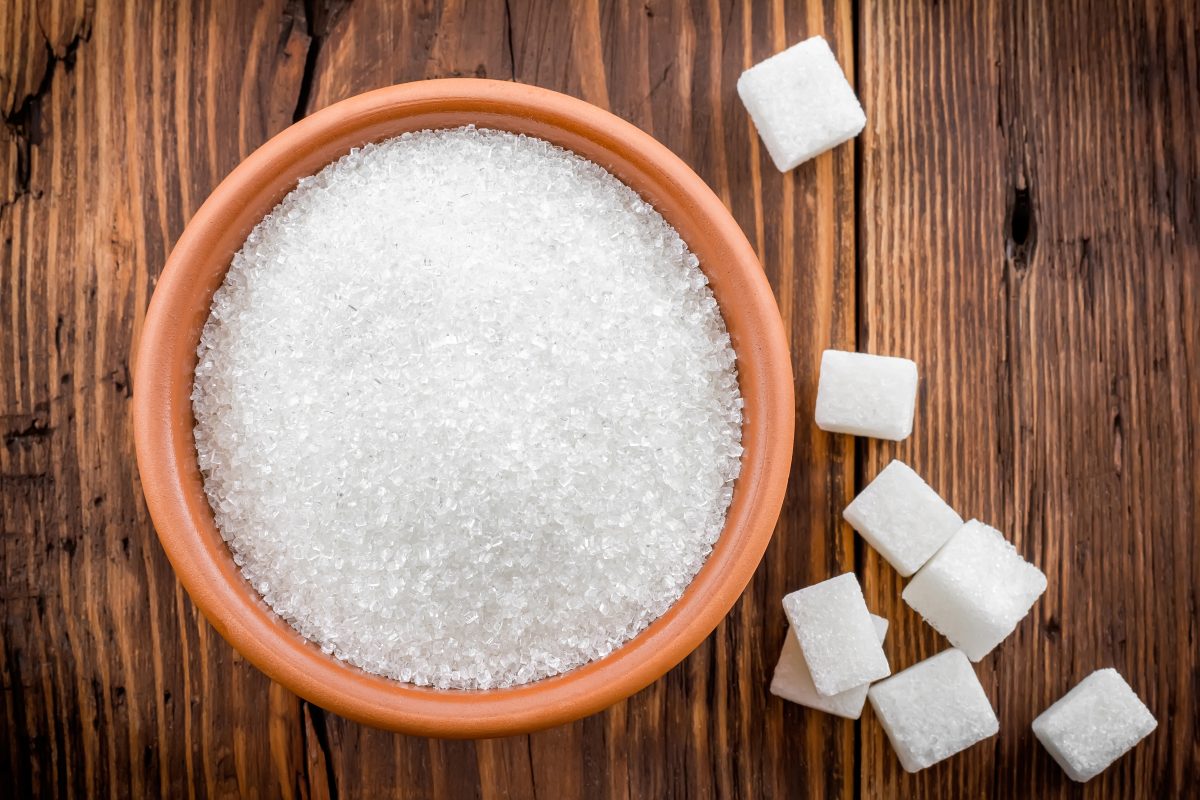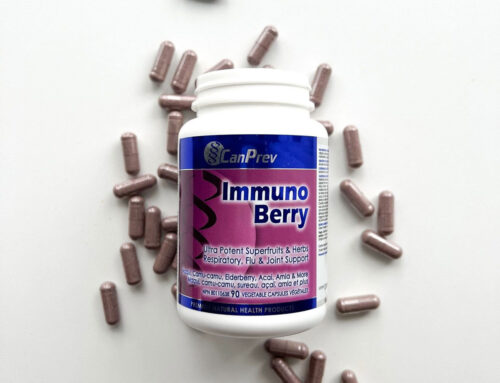There’s been an uptick in awareness that sugar is the culprit behind an increase in conditions like diabetes, chronic inflammation, cancer and high blood pressure.
With many health practitioners now recommend limiting or eliminating refined sugars, many people are taking an extra step and removing or drastically reducing their intake of the sweet stuff altogether. In his book, The Case Against Sugar, science journalist and author Gary Taubes writes that it’s likely that sugar is killing more people than smoking.
And while any efforts to cut back are in good practice, it’s actually difficult to completely remove sugar completely from one’s diet – and the foodstuffs in your local grocery could be to blame.
Much ado about sugar
Many food labels often tout the words “sugar-free” as a health incentive, when in fact, there are a number of additives that affect our bodies like sugar does.
Most people are aware that ingredients like high fructose corn syrup [HFCS], dehydrated cane juice or molasses are just synonyms for, well, sugar – but how familiar are ethyl maltol or maltose?
Now, let’s just be clear: this is not to say that all sugar is “bad.” At it’s simplest, sugar is a carbohydrate, which the body needs to convert to glucose for energy. However, it’s really not necessary to increase your intake in order for the body to make energy.[1]
The pink, candy elephant in the room
At the root, the problem isn’t that sugar is being consumed, nor is it the type, necessarily. It’s the sheer quantity we ingest on a daily basis. In fact, in a 2014 article entitled Death By Sugar in Maclean’s magazine, it was reported that, “According to the latest Statistics Canada figures, Canadians downed 110 grams of sugar a day in 2004, from all sources. That’s the equivalent of 26 teaspoons, amounting to over 21 per cent of our daily calorie intake, and it’s surely gone up since then.
Canadians eat, on average, 88 lb. of sugar per year; the average nine-year-old boy will consume a whopping 123 lb. of sugar per year, and male teens, 138 lb.”[2]

Source: http://www.macleans.ca/society/health/sugar-and-health-how-much-sugar-do-you-eat-in-a-year/
Hide and shriek
Horrified yet? No? How about this statistic:
“Of the 600,000 food items sold in U.S. grocery stores, 80 per cent have added sugar. Sugar and its ilk (including high-fructose corn syrup) are added to nearly everything we consume. Pasta sauce. Bread. Salad dressing. Peanut butter. One tablespoon of ketchup can contain as much as a teaspoon of sugar.” [3]
“Low fat” products, especially those intended for kids, are often the biggest sugar bombs of all. Sugar-laden processed foods are everywhere: even at the local health food store, it’s truly a matter of buyer beware. Honey, agave syrup, fruit juices, and other sweeteners that often appear in “healthier” options—all are sugars.” [4]
Cut the sweet talk
But back to our point. It’s not the type of sugar you are consuming, but simply the quantity. And since manufacturers are in the business of selling food, using a number of different types of sugars enables them use each in separately lower quantities. And since ingredients are listed in descending order on labels, this practice thereby allows them to place further down on the label. [5]

Source: https://www.thecandidadiet.com/56-names-sugar-eating-realize/
Becoming more aware of the types of sugars used in the manufacturing process empowers and allows us all to take charge and make healthy, sustainable choices.
CanPrev recommends:
Chromium Nicotinate Glycinate 200
Sources:
[1] http://www.foodinsight.org/Questions_and_Answers_About_Sugars
[2], [3], [4] http://www.macleans.ca/society/health/death-by-sugar-the-biggest-health-crisis-of-our-time/
Have you tried to cut back on sugar? Have you had any success? We’d like to hear from you. Leave a comment below.







Leave A Comment